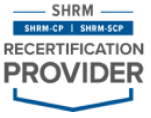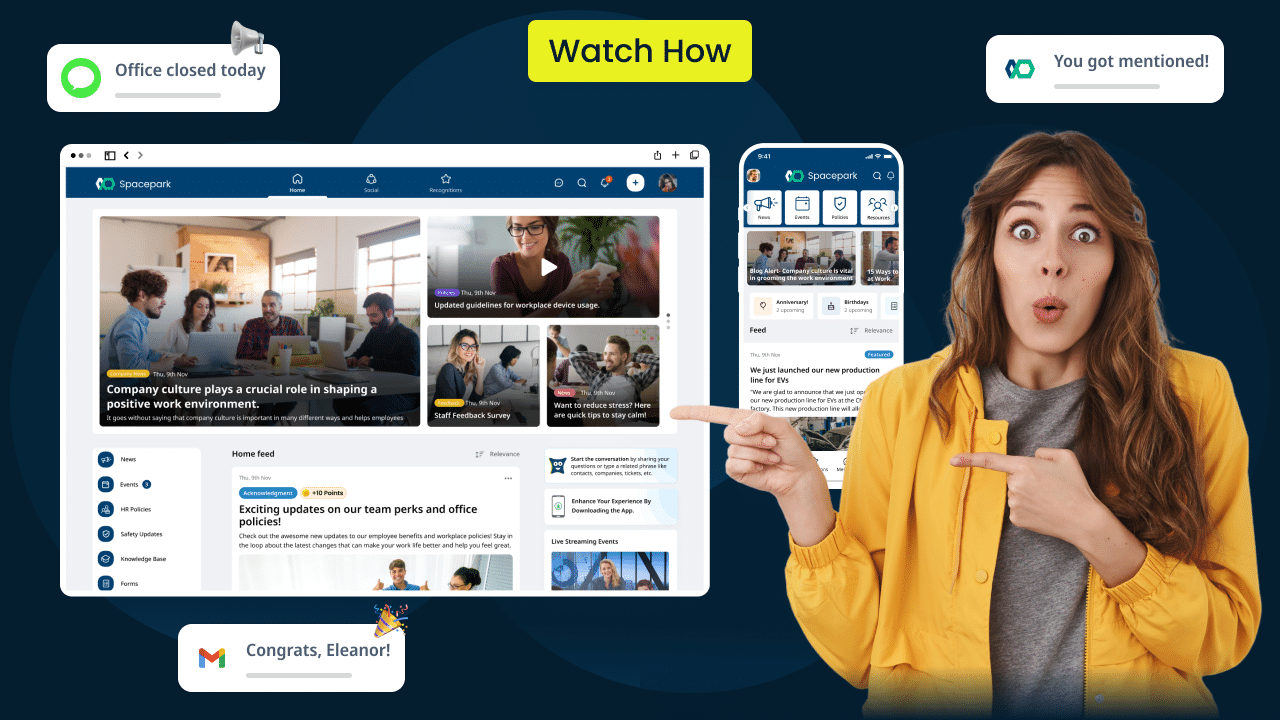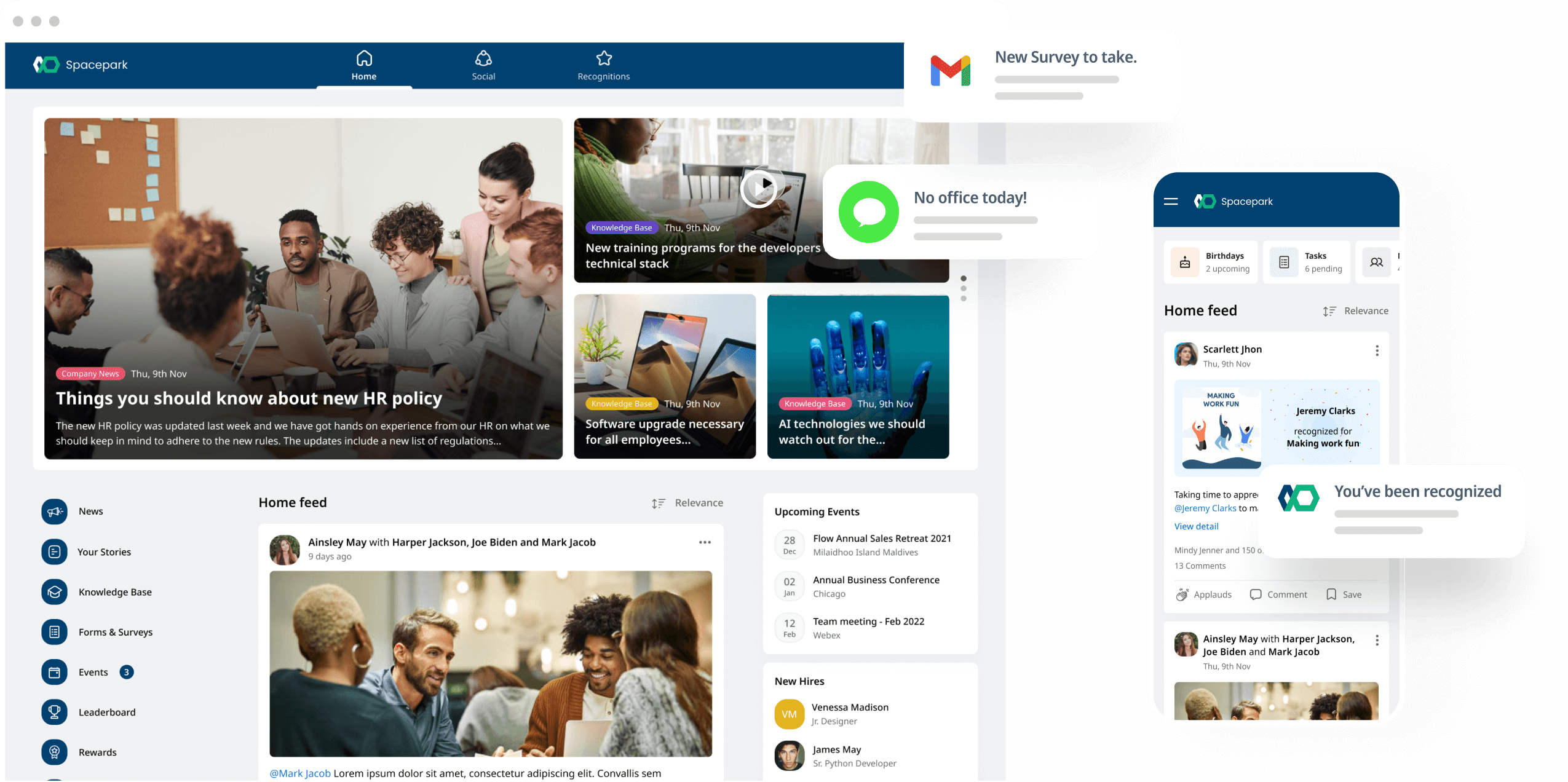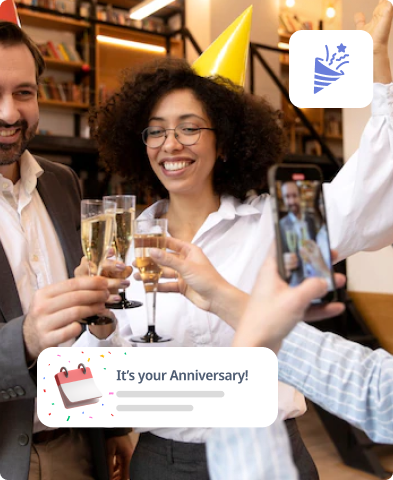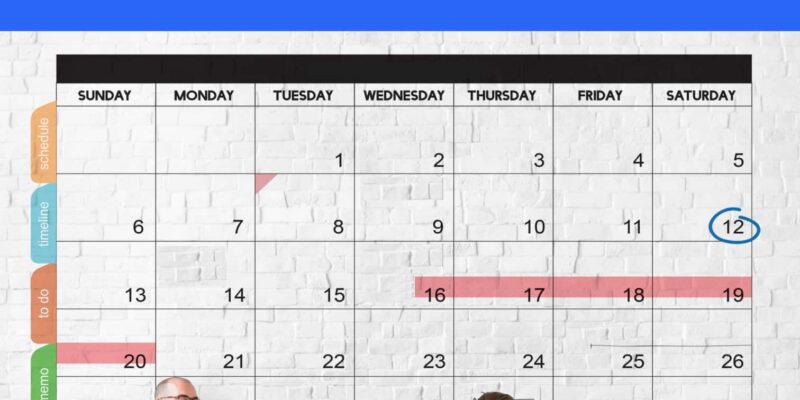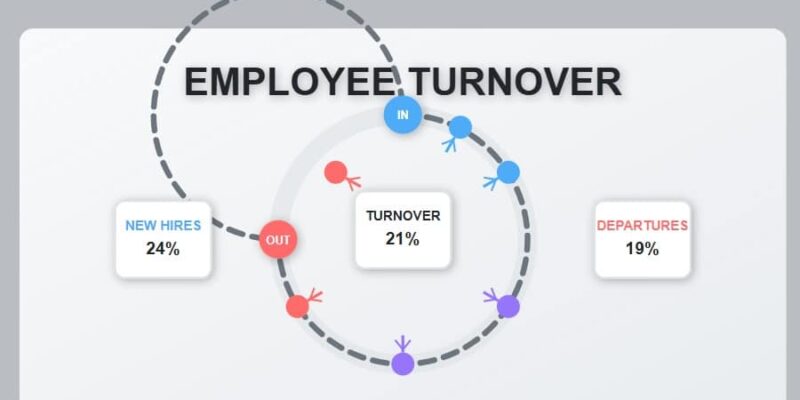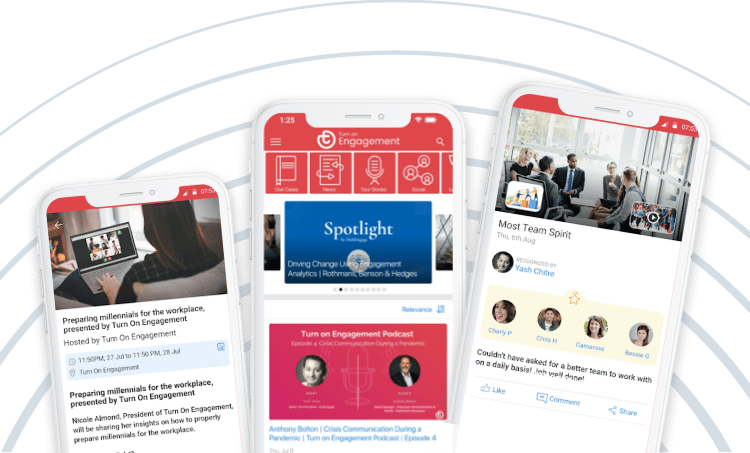Eliminate the Chaos, Engage Your Way
HubEngage’s modular platform lets you tailor your engagement strategy with precision. Choose from Hubs for communications, recognitions, feedback, and more. Pick one or combine them all—your choice, your way.
Each Hub is strategically designed to accomplish a specific engagement goal. While they deliver distinct experiences, they work seamlessly together to eliminate chaos, streamline interactions, and provide actionable insights to refine your strategy.
Communications Hub
Communications Hub
Effortlessly share updates, announcements, and policies to keep your workforce informed and aligned.
Recognition Hub
Recognition Hub
Celebrate achievements and milestones with automated greetings to build a culture of appreciation.
Social Hub
Social Hub
Enable employees to share updates and interact on a secure social platform to foster collaboration.
Survey / Forms Hub
Survey / Forms Hub
Gather insights through pulse surveys or forms to measure sentiment and refine engagement strategies.
Messaging Hub
Messaging Hub
Provide a secure real-time communication channel for seamless individual and group messaging.
One Click, Multi-channel Reach
With HubEngage, deliver content across mobile apps, web, email, SMS, and digital signage with a single click. The platform auto-formats content for each channel, saving time and ensuring your message reaches employees where they are. Plus, gain insights on which channels are most effective, allowing for smarter, more targeted communication.
360° Engagement: Cover Every Step of the Journey

The HubEngage Difference
Combine all your tools into one platform, cutting costs and simplifying access. Gamify interactions to boost adoption and use AI to create, translate, and deliver insights for impactful engagement.
The latest in employee engagement
Latest news, trends, events, podcasts, webinars thought leadership, and a whole lot more.
HubEngage combines enterprise-grade security with comprehensive compliance to give you peace of mind. Adhering to global regulations and going beyond standard safeguards, our platform ensures robust data protection, so your organization can communicate and engage confidently.


